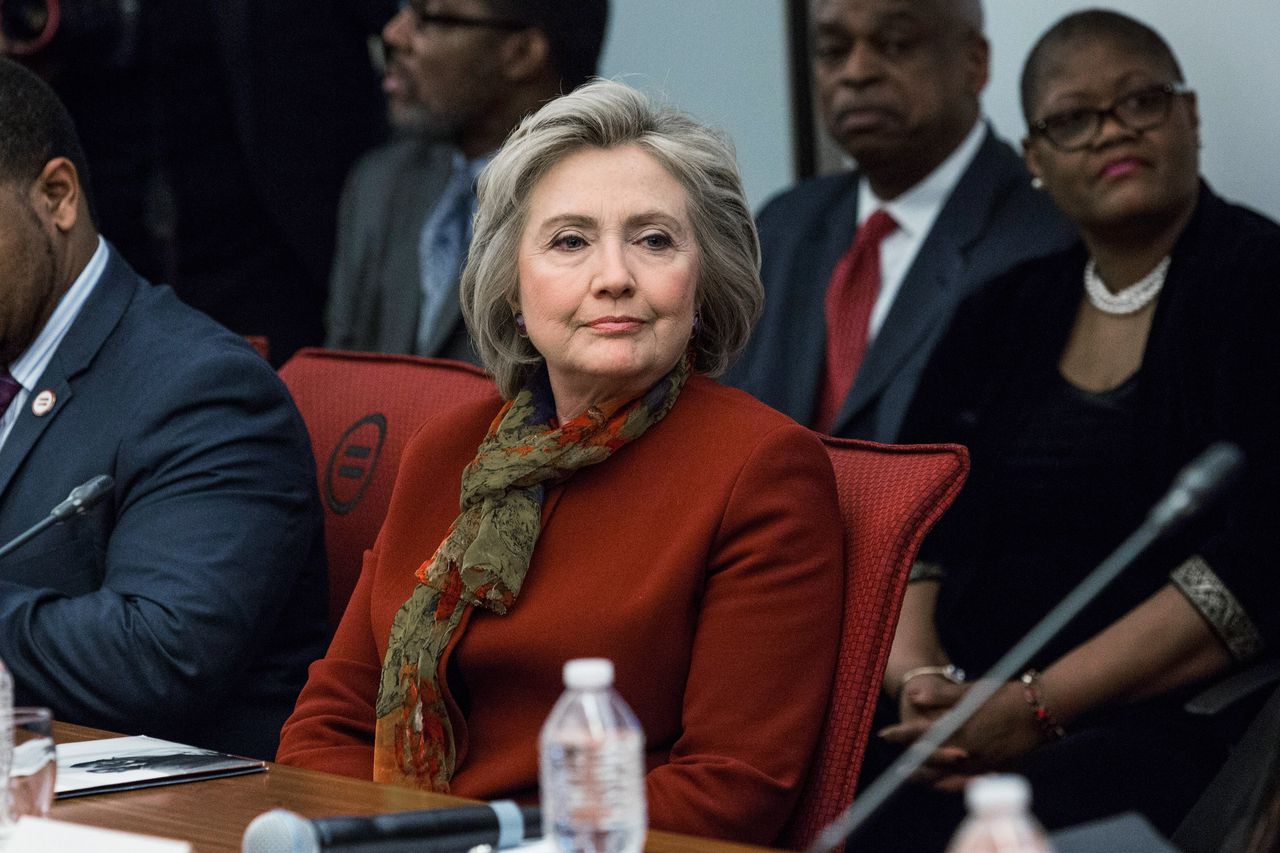I’m a New York City school administrator. Here’s how segregation lives on
The doors opened to our homemade banners and smiling faces. It was the first day of school ever for the Urban Assembly Unison Middle School in Clinton Hill, Brooklyn. It was my first day ever as a leader in the school I co-founded. I was 27 years old.
The racial demographics of the 85 students arriving: 74 percent African American, 15 percent Hispanic, 9 percent Asian, and one white student. At the beginning of sixth grade these students, on average, read at a second-grade reading level. Nearly 40 percent of them had special needs, 35 percent had been left back once or twice, 10percent lived in temporary housing, 10 percent lived in foster care, and 92 percent lived in families whose aggregate family income fell below the federal poverty line.
My colleagues and I started this school in 2012 because we wanted to bring a progressive curriculum called Learning Cultures — which promotes collaboration and creativity and all the qualities that middle-class families want in their children's education — to a population of students that normally gets stuck with rigid, test-prep-oriented teaching. I'd seen Learning Cultures work at a school with both well-to-do and less well-off kids in downtown Manhattan. I wanted to see it work in a full-on high-poverty Brooklyn school, too.
We've had tremendous success in our three years as a school: Test scores are improving, and our students are getting better and better at reading. But our school, like so many others in New York City, remains segregated: by Christmas our first year, our one white student transferred out. Last year, white children made up just 2 percent of our student body.
My time in the New York City public school system —€” first as a student, then as a teacher, and now as an administrator —€” has shown me that segregation is unacceptable. No amount of curriculum magic, or experienced teachers, or school choice, can overcome the fact that to overcome educational inequality, white students need to be in school with minority students.
American schools are resegregating
Stories of resegregation in America's public schools are popping up everywhere, fromMissouri to Alabama to New York City. Nationally, racial segregation in schools hasreturned to levels not seen since 1968.
/cdn0.vox-cdn.com/uploads/chorus_asset/file/6038281/re-segregation.0.png)
New York City is among the worst offenders. Among the city's 1.1 million public school students — the largest school system in the nation — children of color have an 80 percent chance of attending a school where the student body consists of fewer than 10 percent white children. Fifty percent of white students attending New York City public schools are concentrated in 7 percent of the schools.
Statewide, African-American and Latino students typically attend schools where 70 percent of the students are low-income, whereas white students typically attend schools where 30 percent of the students are low-income.
Bad as this appears from the outside, on the inside it's even worse. Teachers try to make separate equal. And policies push schools to make it more separate.
I've spent almost my entire life in New York City schools
I've spent 22 of my 30 years in the New York City public school system. In 1990, I started kindergarten at PS 321 in Park Slope, Brooklyn, the borough's best elementary school, I’m a New York City school administrator. Here’s how segregation lives on. - Vox:









